Highlight

CSEA participates in the GRAIN Network exchange and sharing session
CSEA was represented by Dr. Adedeji Adeniran, Director of Research, at a working session convened by Gender and Responsible Artificial Intelligence Network (GRAIN), on theme “a collaborative approach to responsible…
Read →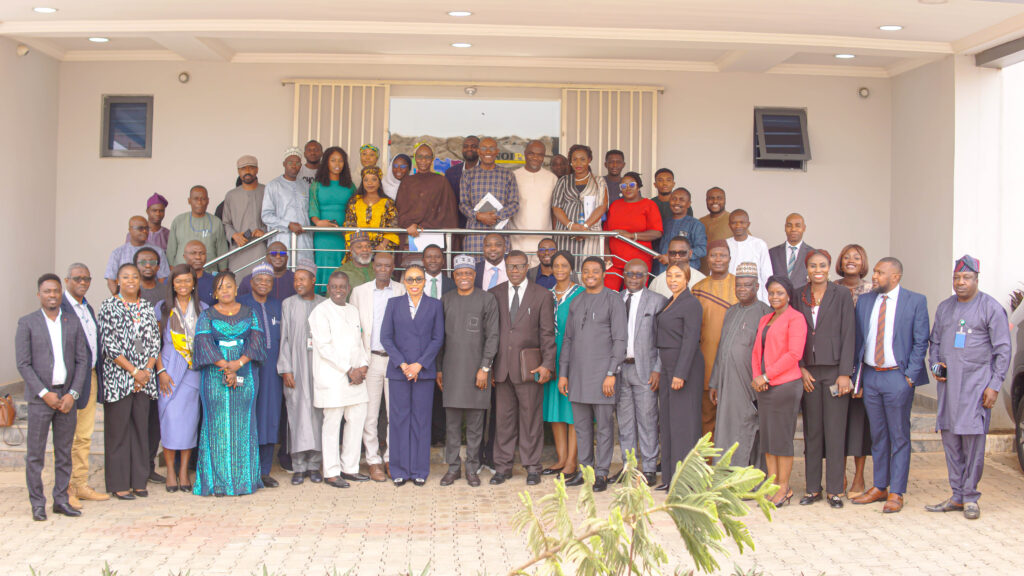
CSEA hosts sensitization workshop on Nigeria Labour force statistics
CSEA hosted a sensitization workshop in collaboration with the National Bureau of Statistics (NBS), titled “Understanding New Nigerian Labour Force Statistics,” on Monday, March 18, 2024 in Abuja, Nigeria. The…
Read →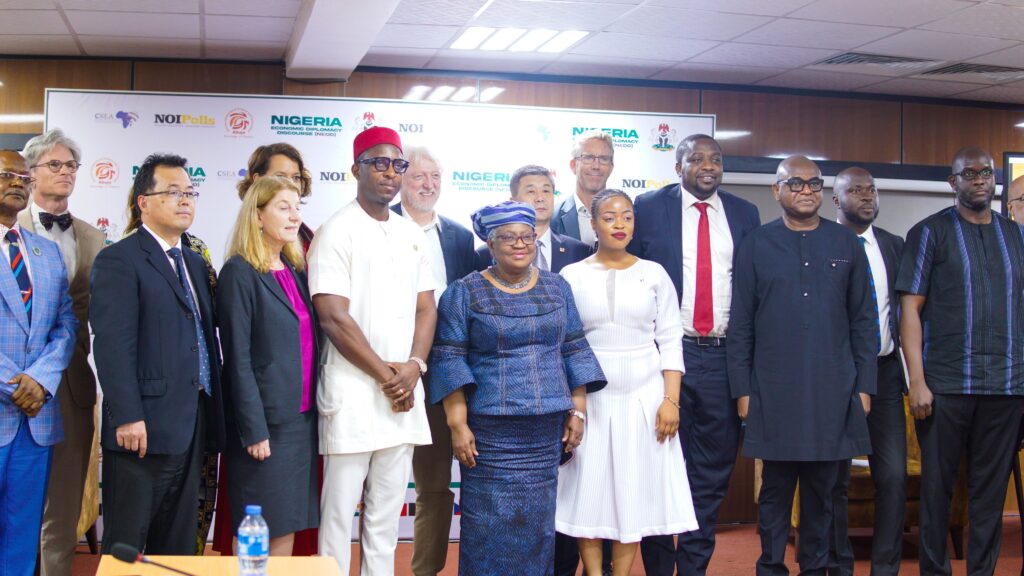
Official Launch of Nigeria Economic Diplomacy Discourse
The Centre for the Study of the Economies of Africa (CSEA) in partnership with NOIPolls and the African University of Science and Technology (AUST), launched the Nigeria Economic Diplomacy Discourse…
Read →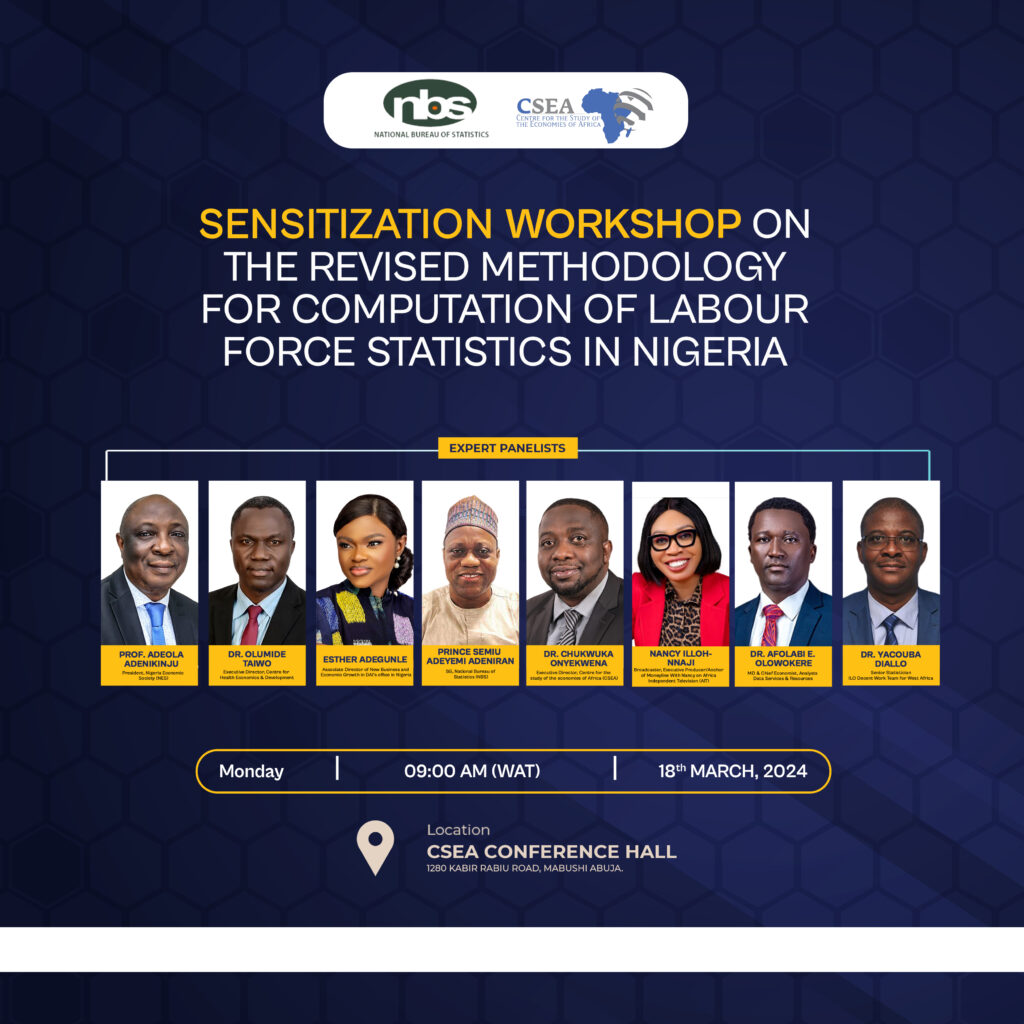
Sensitization Workshop on ‘Understanding New Nigerian Labour Force Statistics’
The Centre for the Study of the Economies of Africa (CSEA), in collaboration with the National Bureau of Statistics (NBS), is organising a sensitization workshop titled “Understanding New Nigerian Labour…
Read →
Enhancing Data Sharing Practices Between Government Agencies
In today’s fast-paced world, access to accurate and timely data is crucial for effective governance and decision-making. Policymakers often struggle to access the data they need to make informed decisions…
Download ↓ Read →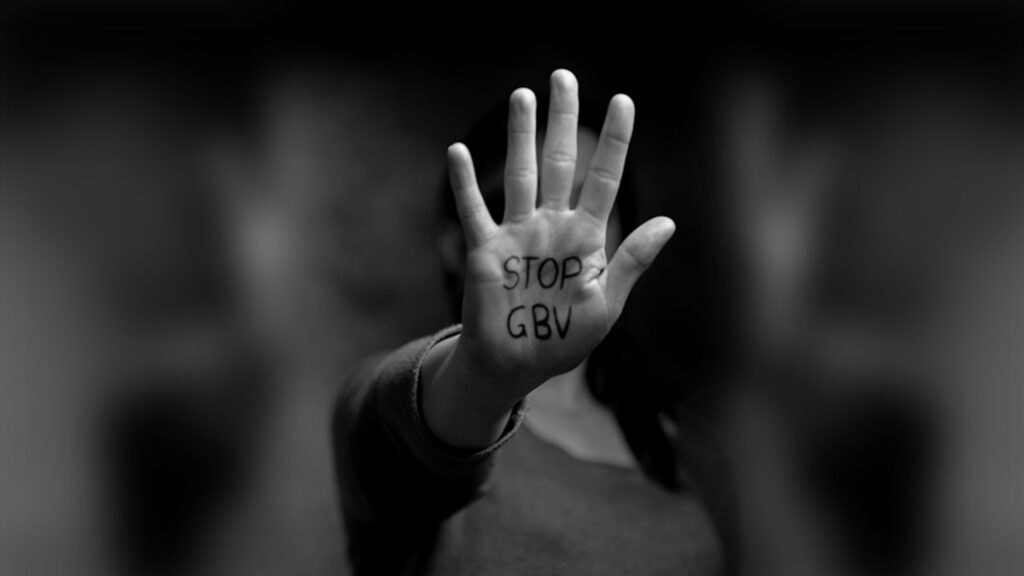
A Call to Action: Deepening States’ Contribution to Ending Gender-Based Violence (GBV) in Nigeria as a Panacea for Gender Inclusion
Ending Gender-based Violence (GBV) as highlighted within SDG 5, aims to achieve gender equality and inclusion. Specifically, SDG 5.2 seeks to eliminate all forms of violence against all women and…
Download ↓ Read →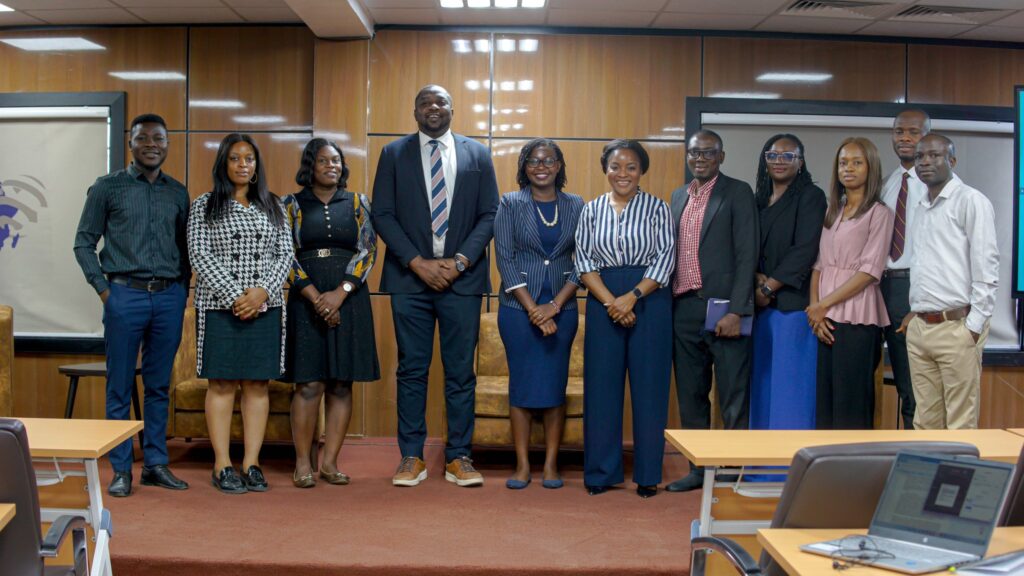
Development Gateway selects CSEA as Sustainability Partner
In furtherance of our work on tobacco control in Africa, we are pleased to announce that CSEA has been selected as the Tobacco Control Data Initiative’s (TCDI 2.0) sustainability partner.…
Read →
Building trust, shaping the future:AI governance for Africa
This policy brief aims to outline the key considerations for developing artificial intelligence (AI) governance frameworks that promote transparency, accountability and confidence in AI systems across the African continent. AI…
Download ↓ Read →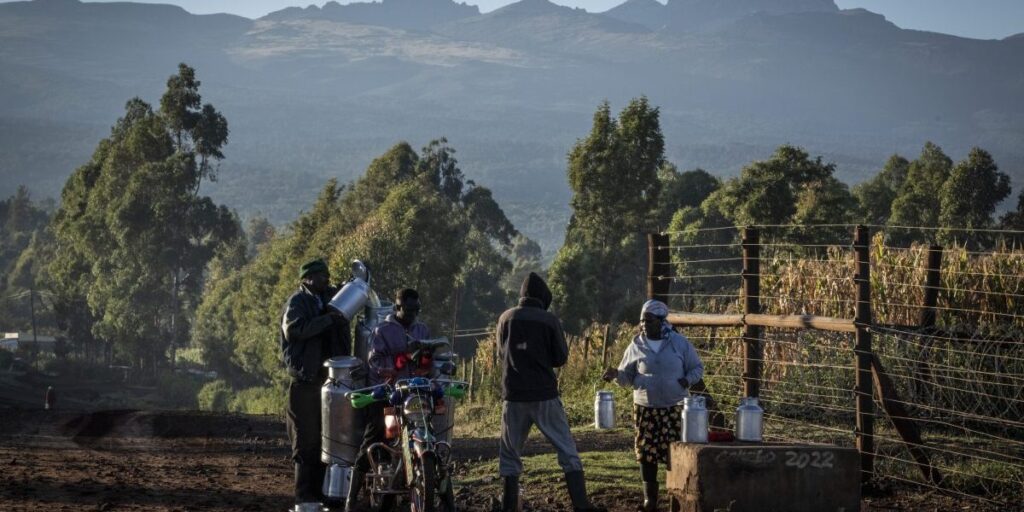
Implementing the AfCFTA Agreement: Implications for Biodiversity, Agriculture and Trade Negotiations
This policy insights examines the potential impact of the African Continental Free Trade Area, and its underlying agreement, on biodiversity, agriculture and food security in Africa. It highlights the significant…
Read →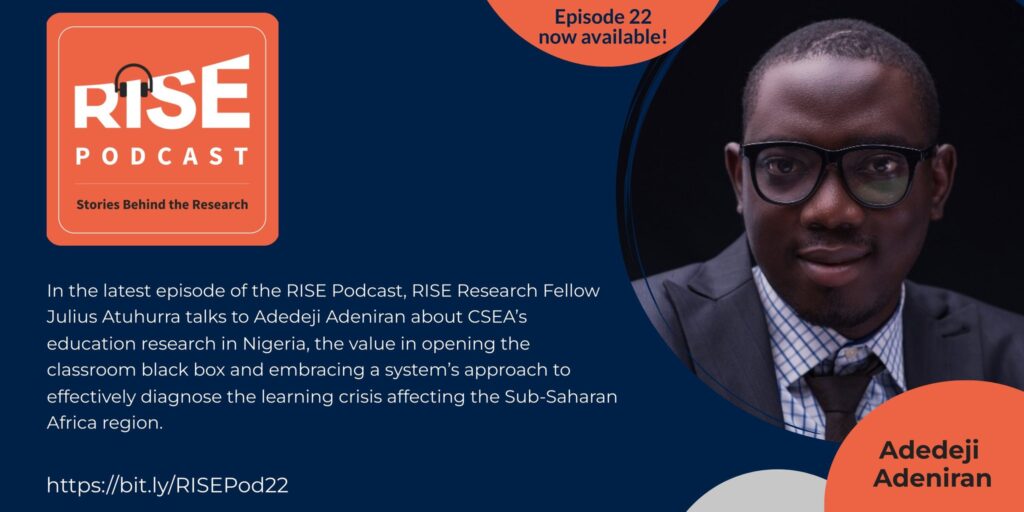
Reflections on Nigeria’s Learning Crisis and Adopting a Systems Lens to Study and Address It
In this episode, RISE research fellow Julius Atuhurra speaks to CSEA’s Director of Research, Dr. Adedeji Adeniran, about CSEA’s education research journey that has evolved from an initial focus on…
Read →
The effect of ICT on financial sector development in Africa: does regulatory quality matter?
The moderating role of regulatory quality in the relationship between ICT and financial development in Africa is investigated in this study. We employ data from 38 African countries from 2003…
Read →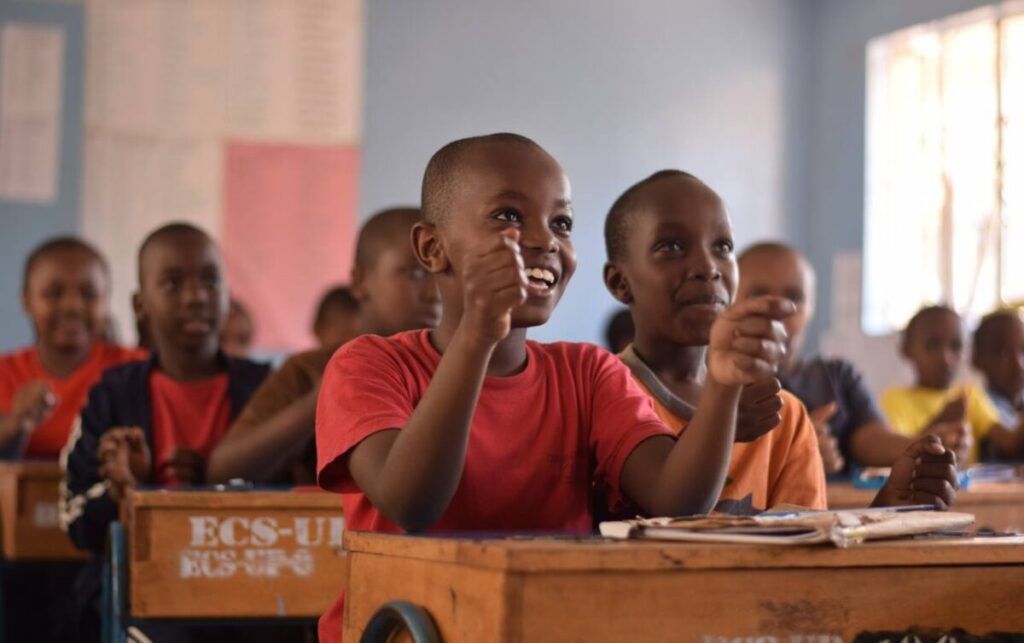
Ways to narrow educational Inequality in the Global South
The pandemic undermined the progress towards the Sustainable Development Goals. The prosperity of the Global South, including Nigeria, depends on universal quality education at the foundation level. This article highlights…
Read →
Nigeria’s industries without smokestacks are delivering better economic opportunities than traditional sectors
Persistently high levels of unemployment have emerged to become a key policy challenge in Nigeria. Between 2010 and 2018, the unemployment rate rose from 5 percent to 23 percent. Worsened…
Read →
Nigeria’s post-COVID-19 Macroeconomic Policies: Are They Climate Change Friendly?
The COVID-19 pandemic has given rise to arguably the most challenging global health crisis in modern times. Its impact has been felt by most sectors of the global economy, resulting…
Read →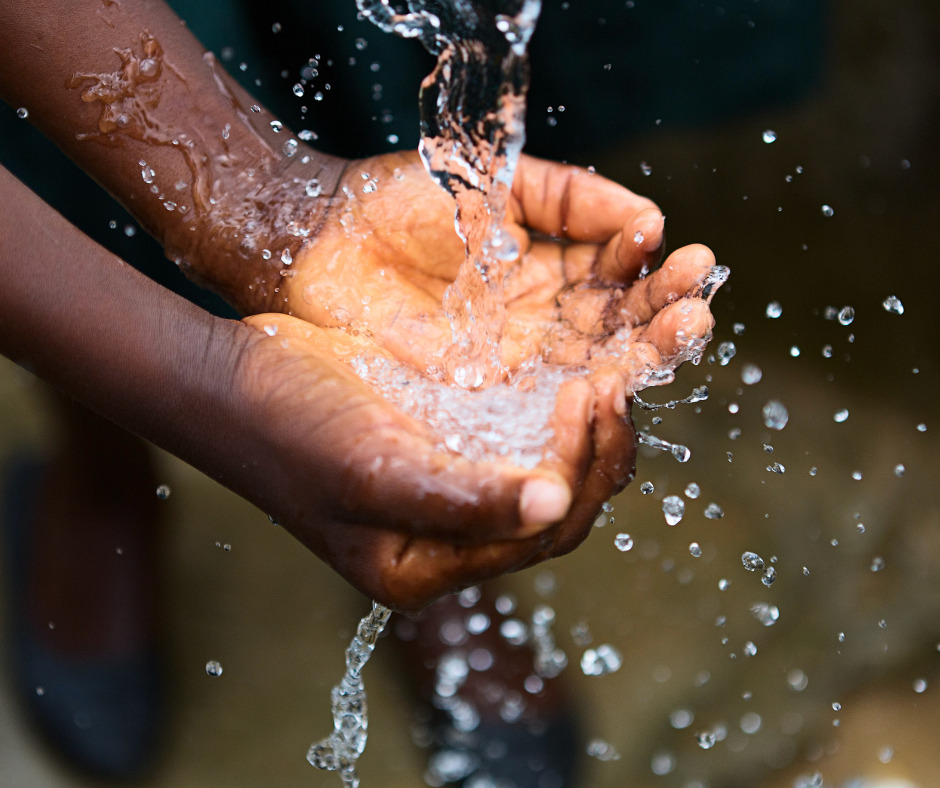
World Water Day 2023: Accelerating Efforts towards Achieving SDG 6 in Nigeria
Access to clean water and sanitation is a basic human right. Nonetheless, it remains a challenge for millions worldwide, with approximately 2 billion people still lacking access to safely managed…
Read →
Socioeconomic costs of tobacco use and caregivers burden: implications for comprehensive tobacco control
Tobacco use kills primary and secondary smokers. While 7 million primary smokers die annually from tobacco use, more than 1.2 million non-smokers also die annually from being exposed to second-hand…
Download ↓ Read →Download
Thank you for your download, we hope you are satisfied with our software.
